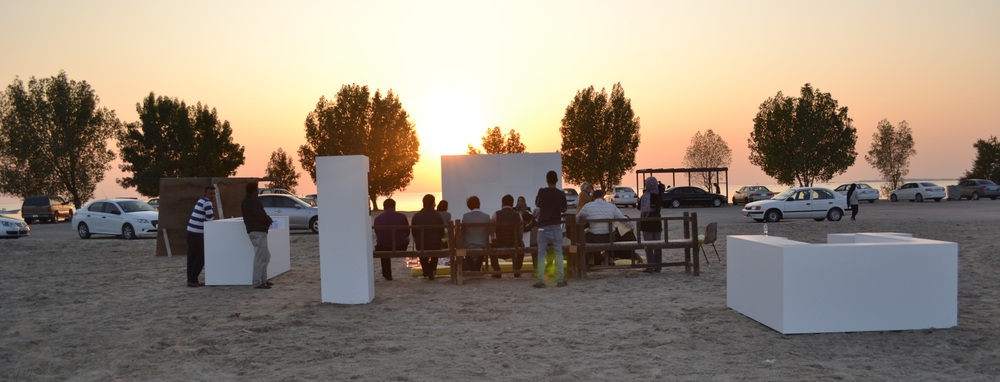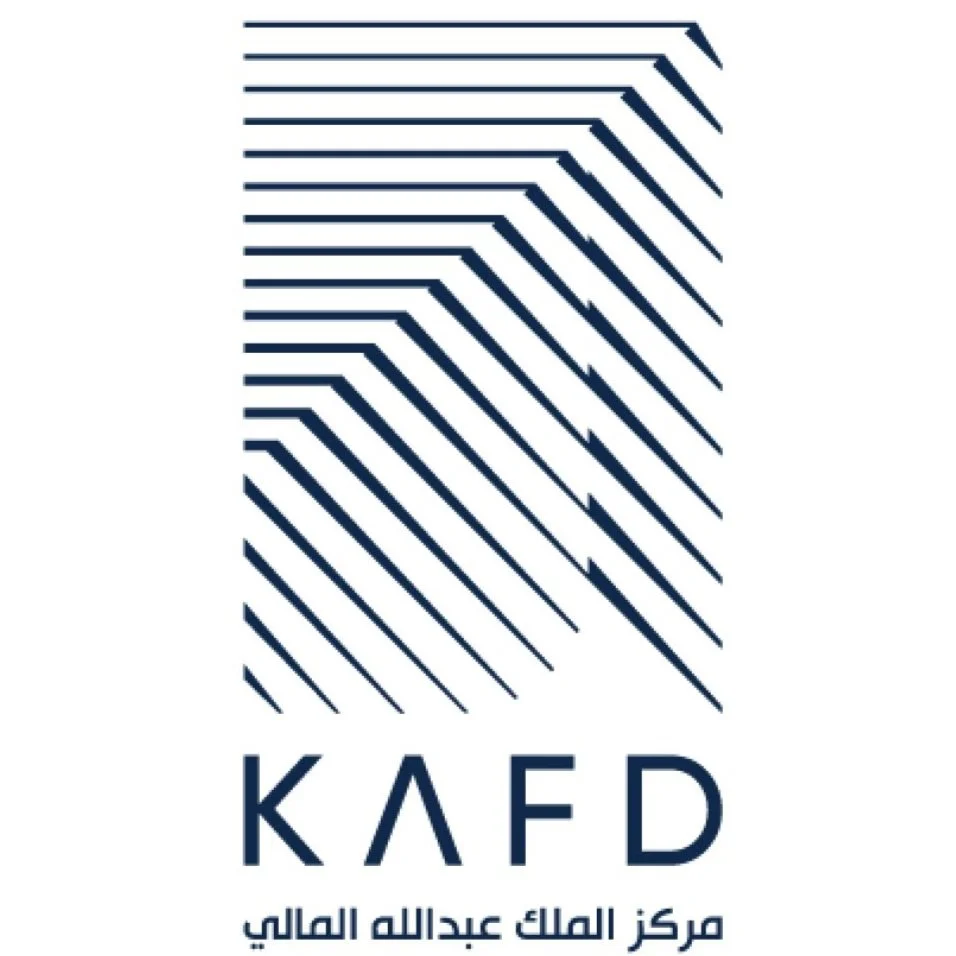AIA ME Bahrain and Mawane organize [in]Accessible
/Damistan Village, Bahrain. January 2015.
AIA Middle East Chapter collaborated with Mawane to hold a series of events in January which were part of Mawane’s first cultural season [in]Accessible that started on Thursday 1st January 2015 and continued till 31st January. The events were talks and a movie screening that highlighted issues in cities around the world while exposing contemporary spatial practices and the consequences they have in cities. The invited guest speakers presented talks followed by workshops from their experiences, emphasizing their diverse approaches to accessibility of the city.
In the first week Ayesha Agha Shah discussed the importance of documentation to provide access to knowledge about the city in her lecture titled Significance of Documentation and Recording of Heritage. Ayesha explained the methodology used in the process of documenting historical buildings and shared her professional experience in the documentation process of Frere Hall building, which is located in Karachi in Pakistan.
In the second week a movie screening of Pruitt-Igoe Myth: an Urban History was held under the patronage of the American Embassy. Both the moviemakers Chad and Jaime Freidrichs were present to offer a background on American urban development at the time of construction. The movie aims to break away from the cliché of it being an example of the failure of modern architecture. It looks at the wider context that has led to the failure of the building in addition to uncovering some successful aspects in Pruitt Igoe.
 Photo Courtesy of Saeeda Thani
Photo Courtesy of Saeeda Thani
In the third week Waleed Shalaan presented through his talk Junoot Eco Resort in Oman unconventional building techniques that can change the city fabric. Waleed gave an explanation of the goals of the project and method used to construct it. He explained further how the three pillars of sustainability - environmental, economical and social – were achieved through the project. Waleed emphasized on how the social sustainability aspect of the project and the importance of engaging the community in the construction of the resort.
In the final week Zahraa Ali Baba shared her experience on the role of knowledge in informing the shape of our cities in her lecture titled: Forms of common Knowledge. She discussed her involvement in various projects that studied the relation between common knowledge and space. One of the projects was Kethra, Kuwait’s first Pavilion at Venice Biennale 2012. Another project was her research on the concept of Diwaniya, the social political space of Kuwait. She also discussed the memory of space and it’s effect on the common knowledge of citizens of the space of the city of Kuwait.






